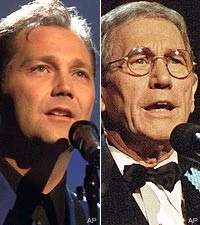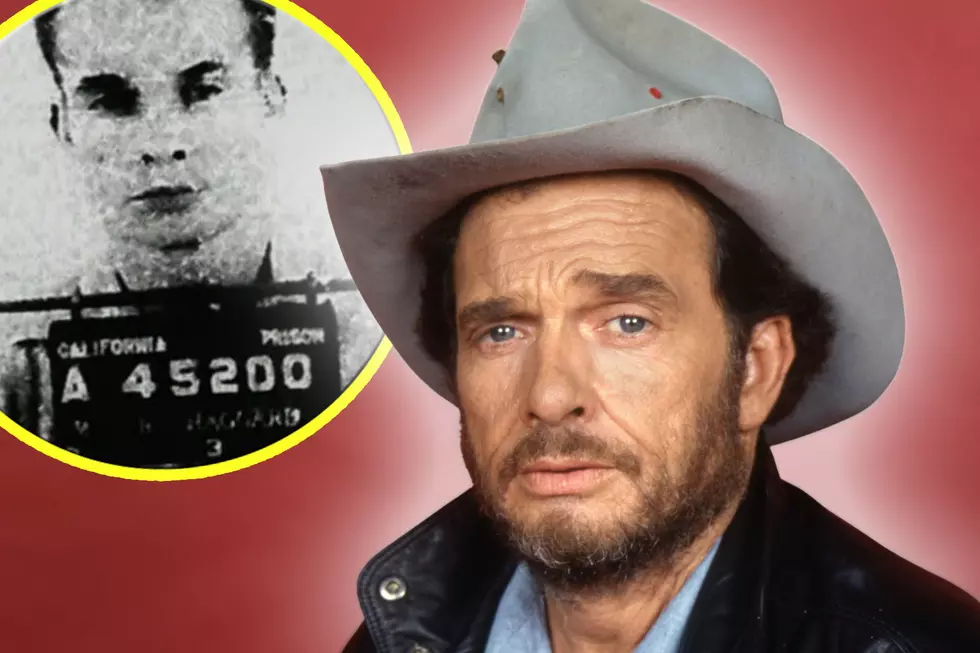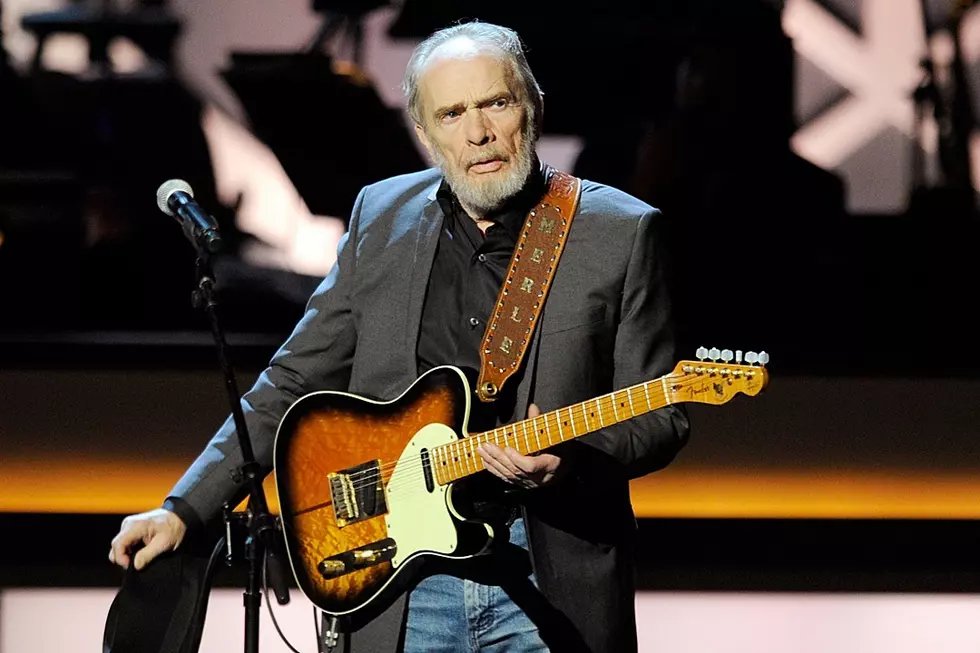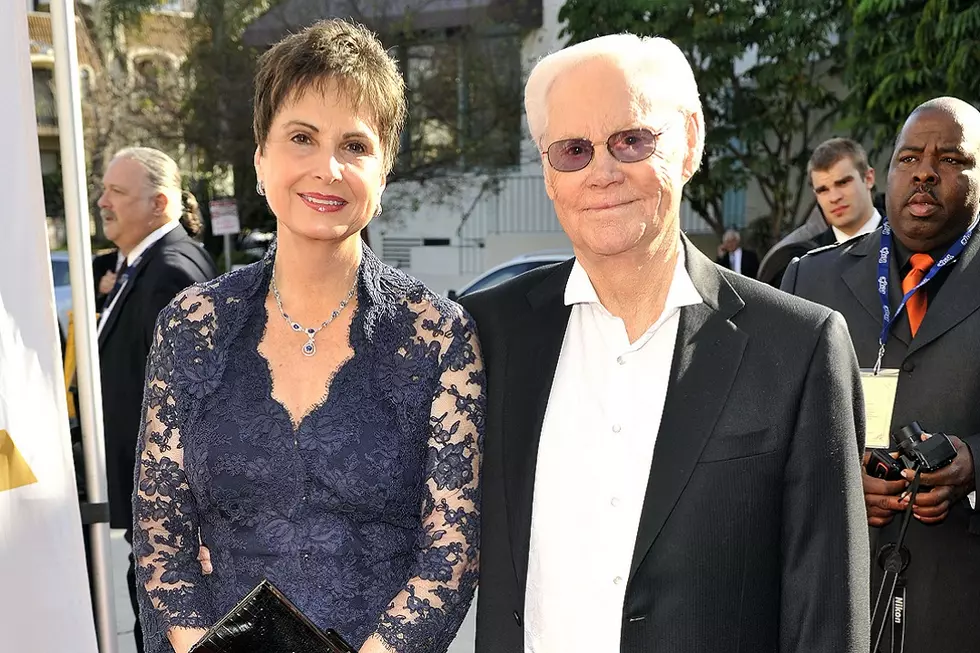
Steve Wariner Pays Tribute to His Mentor, Chet Atkins
 Steve Wariner grew up with today's country music industry. He came to town as a teenager to work with Dottie West, then went on the road with Bob Luman before going on to work with and be produced by one of his heroes, Chet Atkins.
Steve Wariner grew up with today's country music industry. He came to town as a teenager to work with Dottie West, then went on the road with Bob Luman before going on to work with and be produced by one of his heroes, Chet Atkins.
Steve watched Nashville's music industry change from the old guard to the new while he was establishing his own career as a singer, songwriter and musician. Since his 1978 debut, he has notched 14 No. 1 singles and 30 Top 10 hits. Among his best-known tunes: 'Some Fools Never Learn,' 'All Roads Lead to You' and 'Holes in the Floor of Heaven.'
As a songwriter, he's had cuts by Keith Urban ('Where the Blacktop Ends'), Garth Brooks ('Long Neck Bottle') and Clint Black ('Nothin' but the Taillights'). Earlier this month Steve released "Steve Wariner, c.p.g., My Tribute To Chet Atkins," in honor of his friend and teacher. He recently spoke to The Boot about making the album, and about his 30-plus years in music.
When you think about putting together a project like this, what is the process you go through?
You wrote new tunes for the album as well as recording some of Chet's songs?
Yes, I didn't just want to do Chet's songs because who can do them better than Chet? They all came about differently. I was playing guitar one night, this song just sort of came to me. I was thinking about her, this pretty melody was happening, I thought it would be pretty for this album. I thought 'I should call it 'Leona,' so I just turned the boom box on and recorded it on cassette, humming the melody, changing chords. Most of the songs just happened, great little things that fell out of nowhere. Kent Blazy and I were writing one day and I played him some of the roughs of the Chet stuff, and said, "What do you think?" He said, "It sounds great, but we ought to look at that song we started a few years ago." It was called 'Silent Strings,' so we wrote that. Kent actually emailed me some lines, and we wrote that song via email. Then 'Chet's Guitar,' I wrote that with Rick Carnes ... right after Chet died. I love playing it; every lick I stole from Chet.
I called Leona first and told her about it. I told her I just wanted her blessing and she said, "Honey you do what you want, it will be in good hands." Then I called Merle, Chet's daughter, and she said, "That's sweet, Daddy would be proud. I can't wait to hear it."
I called Leona after I finished her song and told her I wanted to play something for her. Caryn [Steve's wife) and I went over and played it and she was so moved. She would look at me and smile, and there was one spot where I did an arpeggio that was very Chet and she looked at me really hard and said, "You little devil." When it finished playing she said, "I love it and Chester would love it tool" Then when we finished the project I sent copies to everyone in the family. They all got together and listened. Merle said everyone listened and was crying and laughing, and that meant the world to me.
I've heard stories about Chet practicing and rehearsing for a show. Did he really do that?
He would get to the venue a couple hours before the show and go to the dressing room, shut the door and play and play and play. By show time he was warmed up. I've never seen the dedication like that, that work ethic. I'd come up those back steps at the old RCA building on the way to his office and I'd hear him practicing. He always had a boom box near by and he'd record it and listen back. I'd walk in and he'd say, "I'm practicing a little bit" or he'd say, 'I just discovered this little lick," and here he is still excited about a lick he stumbled across. That's passion.
And then Dottie West invited you to come here. How did that come about?
I was one of the lucky ones. I had a job before I moved. Dottie hired me on the spot at a club in Indianapolis. I was just turning 18. I was lucky to be in the right place at the right time. Her bass player was leaving and she needed someone who could also sing. My gig with Bob Luman was the same, and I played bass with Chet too. Before I could move here I had to wait two or three months for the semester break in my senior year. My grades were good, so the school let me finish up one half credit by correspondence. I did that while I was on the road with Dottie.
I think it broadens the appeal for sure. I think Garth coming back will be good for country music, him having a presence again. Keith is great for country. I wish there were more outlets for people to hear the traditional country music, but that's a sign of time marching on. It's big business now, and big business is not interested in traditonal country, real country. You'll hear it in little pockets, they'll let a ltitle bit through. George, Alan, a few guys. They will say that's not what consumers want, but there are a lot of people that do want it.
I love all kinds of music but I miss hearing traditional music on the radio. Chet used to say moderation in everything. So I wouldn't want a steady diet of anything. I have jazz, classical, R&B and Motown in my music library. People don't believe I listen to all that stuff, but I like it all. I was raised on James Burton, Chet Atkins, Ray Price, then the Beatles. Time marches on and young people are exposed to everything now.
More From TheBoot









